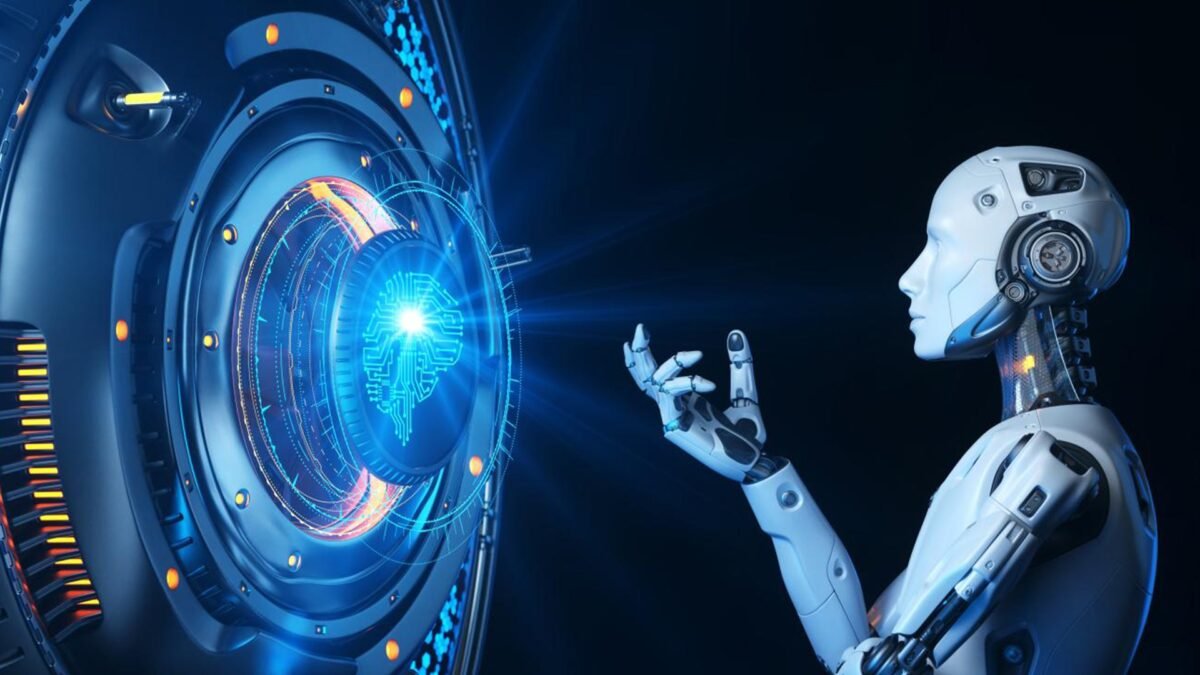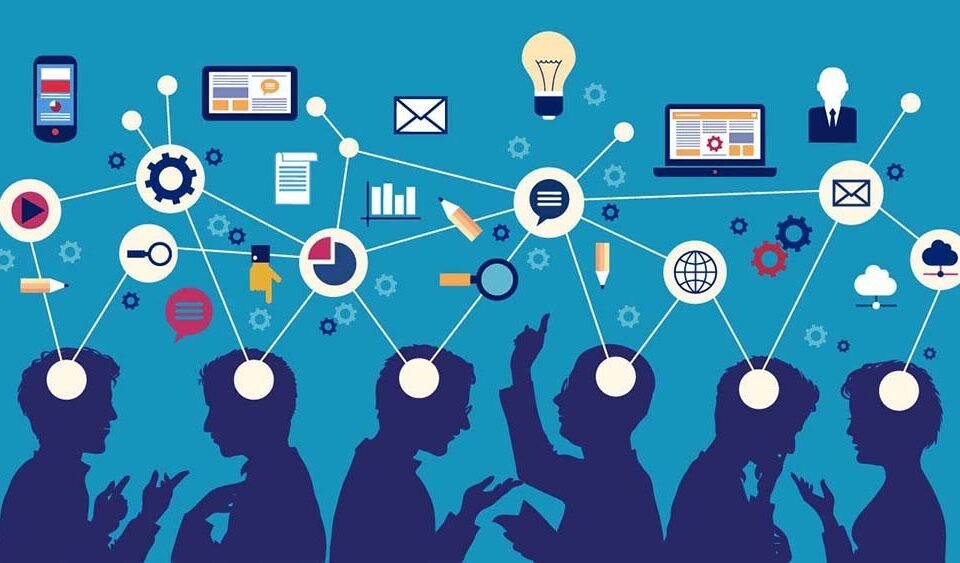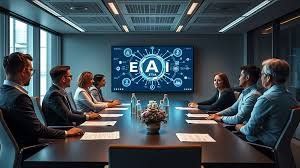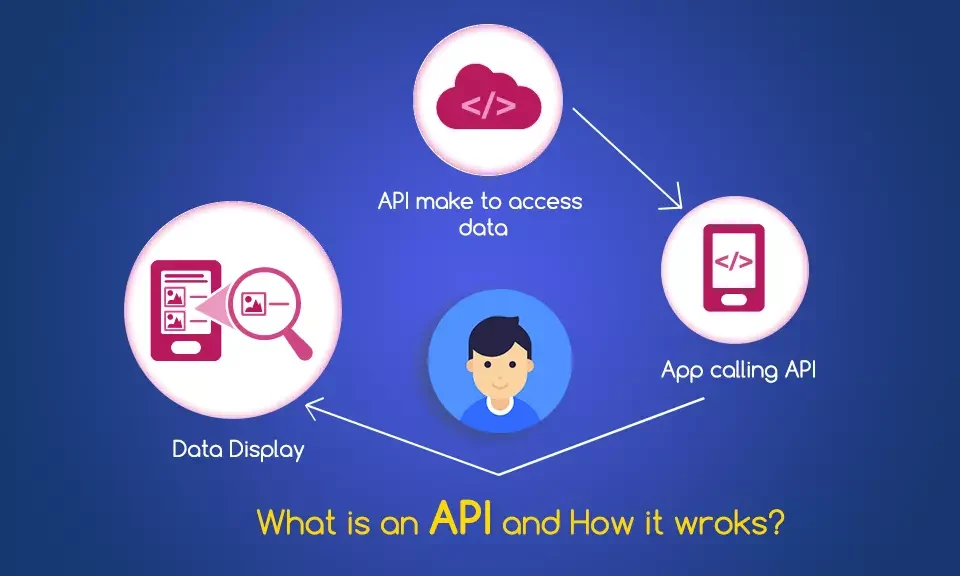
Top 5 Data Structures Every Developer Should Know
July 28, 2025
Cybersecurity Tips for Students: Protecting Personal Data
July 31, 2025Artificial intelligence is rapidly evolving, and the future of AI will impact every aspect of our lives—from learning and healthcare to transportation and creative industries. Rather than being just a tool for automation, AI is becoming a partner in decision-making, creativity, and personalization. Understanding upcoming AI trends and applications helps students and professionals prepare for the opportunities ahead.
Smarter Automation in Everyday Life
One significant shift in AI technology is advanced automation. Instead of performing only repetitive tasks, modern AI systems predict outcomes, analyze data, and make decisions with minimal human involvement. For instance, predictive AI in factories prevents equipment failures, while chatbots manage customer queries with human-like accuracy. Furthermore, these systems continue learning, becoming more reliable over time.
Hyper-Personalization and User Experience
Personalization will define the next wave of AI innovation. Today’s recommendation engines on Netflix or Amazon will soon evolve to analyze emotions, behavior, and real-time preferences for hyper-personalized services. Education platforms like Chatrashala are already exploring AI-driven personalized learning paths for students. This ensures better engagement and improved results.
Transforming Healthcare with AI
The healthcare sector will experience massive improvements through AI applications. Predictive analytics will enable early disease detection, AI-assisted surgeries will improve precision, and personalized treatments will cater to individual genetic profiles. Moreover, AI will simplify patient data management, allowing doctors to diagnose faster and minimize errors.
AI in Transportation and Smart Cities
Smart cities of the future will rely on AI-powered solutions for traffic control and transportation. Autonomous vehicles, intelligent traffic lights, and AI-managed public transport systems will reduce congestion and improve safety. Companies like Tesla and Waymo are already testing these technologies, and governments are preparing to implement AI for energy efficiency and sustainable urban living.
Ethical Challenges and Responsible Use
While AI advancements promise numerous benefits, they also raise ethical concerns such as privacy risks, algorithmic bias, and job displacement. Policymakers, researchers, and tech companies must work together to ensure AI is used responsibly and inclusively. Developing ethical frameworks will be vital for balancing innovation with fairness.
Creative Industries and AI Collaboration
AI is also transforming creative work. Tools like DALL·E, Midjourney, and ChatGPT allow artists, writers, and musicians to co-create with machines. Advertising agencies and filmmakers now use AI for storyboarding, content generation, and visual effects. Rather than replacing human creativity, AI enhances it by offering new possibilities and faster workflows.
Career Opportunities in AI
With AI spreading across industries, demand for skilled professionals is skyrocketing. Students can pursue roles in machine learning, data science, robotics, or AI ethics. Platforms like Google AI and Coursera provide accessible courses to prepare for these careers. Learning AI skills today ensures a competitive edge in tomorrow’s job market.
Conclusion
The future of AI is more than technological growth—it’s a shift in how humans live, work, and create. As AI integrates into automation, personalization, and healthcare, it brings opportunities and responsibilities. By preparing early and adopting ethical practices, individuals and industries can thrive in the AI-powered future.





